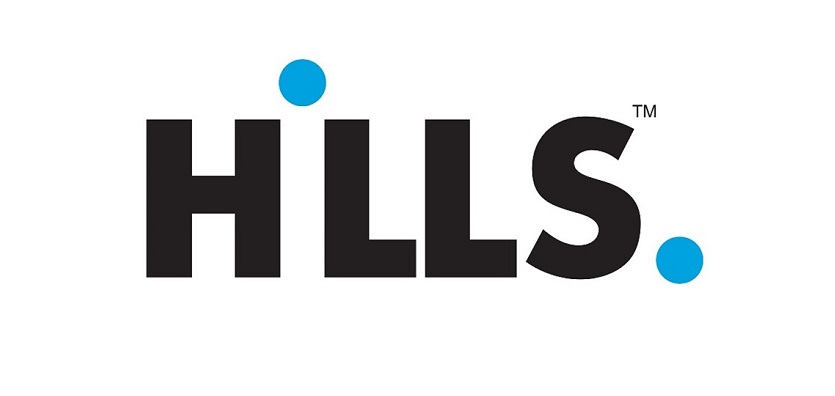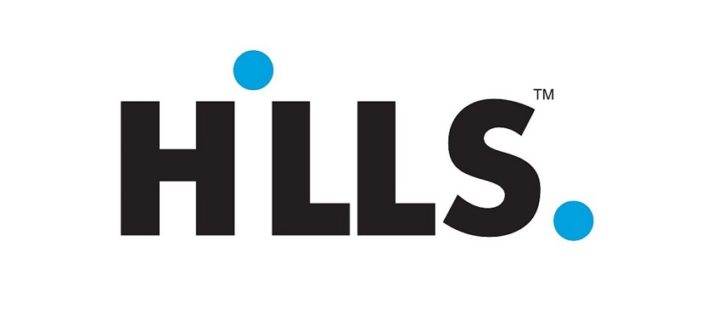
Hills Limited (ASX: HIL) has provided the following market update as it continues to manage its response to the COVID-19 pandemic:
As we better understand the short and longer-term impacts of the worldwide coronavirus (COVID-19) pandemic, it is an appropriate time for us to provide an update on what we are doing to look after our people, our customers and our Company and its shareholders.
This challenge is unlike any faced by Hills in its 75-year history and, like every other Australian company, we are managing a rapidly evolving situation that affects every facet of our business, from our supply chains to our sales force.
We are focusing on three priorities: looking after our people; continuing to deliver the highest possible level of service to our customers and partners; and managing the financial challenges that this COVID-19 crisis brings so that we emerge ready to meet all our customers’ needs and resume the execution of our growth strategies.
Looking after our people
Our highest priority has been keeping our people and their families safe, acting on the best advice from health authorities.
From the onset of the COVID-19 pandemic, we have taken additional precautions at our sites in Australia and New Zealand to ensure all our employees, including those in our mobile sales force, are operating in safe working environments.
On March 23, we went a step further by introducing a range of flexible working arrangements to meet the twin goals of protecting our people and ensuring the continuation of services for our customers and partners.
These changes include:
- Rotating teams at our call centres in Port Melbourne in Victoria, Nerang in Queensland and Seven Hills in NSW, with 50 per cent working on site and 50 per cent at home at any
- Providing ‘work from home’ options for employees at all our other locations, including the head office at Lidcombe in
- Operating on skeleton staff during the Level 4 New Zealand lockdown to support essential services and key
- Introducing additional safety measures, such as strict cleaning and social distancing requirements, to ensure our critical branch network and warehouse facilities can remain operational and safe for employees and customers
For many employees, particularly those whose families may have been affected by layoffs and obligations such as home-schooling, these arrangements have not been without challenges. However, our workforce has adapted to these new arrangements with professionalism and a commitment to looking out for each other and our customers.
We continue to monitor the situation and will make further adjustments to work practices as required.
Delivering customer service
We recognise that our customers and partners are facing their own significant challenges, from hospitals that must prepare to treat COVID-19 patients to firms urgently requiring additional security or technology equipment as they implement new workplace arrangements.
To support our customers, we have focused relentlessly on our business continuity plans, providing the services and products these customers need, while at all times protecting the safety of customers, suppliers and our own people.
We have prioritised customers providing essential services and have taken proactive measures to lessen the impact of disruptions to the supply chain, including continuously monitoring stock, working closely with suppliers and moving popular items to key offices.
We have stepped up communications with customers and made rapid changes to the way we deliver services and support to customers, including offering virtual sales and technical training sessions and ramping up our e-commerce support.
The resilience of the Hills business has been evidenced by some parts of the business experiencing a continuation of solid sales, such as those serving customers in essential services sectors including the National Broadband Network. Other parts are experiencing a fall in volumes due to the changing market condition resulting in delays in some project work within our Distribution business and restricted access to some health facilities as a result of government-mandated social and economic restrictions. We continue to work proactively with our vendors to address any challenges within their supply chain.
As previously advised in the ASX Market Update on 19 March 2020, Hills Health Solutions has experienced some delays in orders as customers reprioritise to focus on handling the COVID-19 pandemic. Most of this deferred demand is expected to be realised once the COVID-19 period of disruption has eased. However, Hills Health Solutions has continued to win new contracts and pursue new opportunities during this period. Where ward utilisation has changed as a result of COVID-19 preparedness measures, our Patient Engagement business is pivoting from its user pays model to its fixed rental model.
In New Zealand, the company looks forward to the move to Level 3 lockdown restrictions from 28 April, which will allow many businesses to reopen.
Managing our financial health
Hills has been exploring every opportunity to offset an overall decline in revenue and underpin cashflow.
Like many other Australian businesses, Hills has been forced to take exceptional measures to help manage cashflow through the pandemic and meet our goal of preserving as many jobs as possible. We had two options – stand down some employees or ask all employees to accept a pay cut.
As a result, earlier this month, Hills asked every employee to accept a company-wide reduction in salaries. To ensure this was a fair and equitable process the reductions were graded, with those on the lowest salaries being asked to sacrifice 10 per cent of their pay and those on the highest salaries asked to sacrifice 35 per cent.
The proposal was agreed to by all staff across Australia and New Zealand. It is effective from 1 April 2020 and the reduced salaries will continue until the outlook becomes clearer.
The Board has also agreed to a 50 per cent reduction in non-executive directors’ fees.
These salary reductions are one component of range of initiatives enacted by Hills to help mitigate the overall decline in revenues, preserve cash and improve efficiency through the period impacted by COVID-19, while continuing to prioritise the safety and health of employees, customers and suppliers.
- Rent: Hills has initiated discussions with landlords regarding the temporary relief of rental costs through this period of disruption. While a level of commercial support is expected from landlords, the extent is currently unknown given negotiations are
- Capital and operational expenditure: All non-essential capex has been deferred and reductions in various overhead costs are currently being
- Working capital: Debtor receipts are being closely monitored and inventory replenishment limited to fast-moving items. It has been pleasing that many of our main suppliers have been very supportive during this period and continue to work closely with us on a weekly
- Foreign Exchange: We have communicated the need to adjust our pricing to accommodate the significant fall in the Australian dollar. The price of the Australian- made Nurse Call product remains
- Funding: We are well positioned with the covenant and facility limit headroom with our AssetSecure facility and we continue to work closely with
There can be no guarantee that further cost-reduction measures will not be required in coming months, but the commitment by Hills employees to each other and to the continued sustainability of the business will make a meaningful difference to our financial position.
While trading conditions will impact near-term operations, the Group believes the initiatives outlined above best positions Hills to navigate this period of disruption and the COVID-19 recovery phase as it will be important to emerge from this global health pandemic in a strong competitive position.
Looking forward
Throughout this evolving situation, we have sought to keep our employees, suppliers, customers and partners fully informed with regular communication. By working openly and cooperatively, we know we stand a better chance of successfully navigating this crisis.
Although the outlook for the next three months remains deeply uncertain, we are doing everything possible to protect the Hills business. Senior management and the Board are meeting weekly to review our financial position and our responses to the economic climate, market conditions, changes in government policy and the health and wellbeing of our staff.
We will provide a further update prior to the release of our FY20 results in August.






